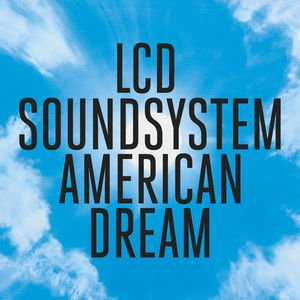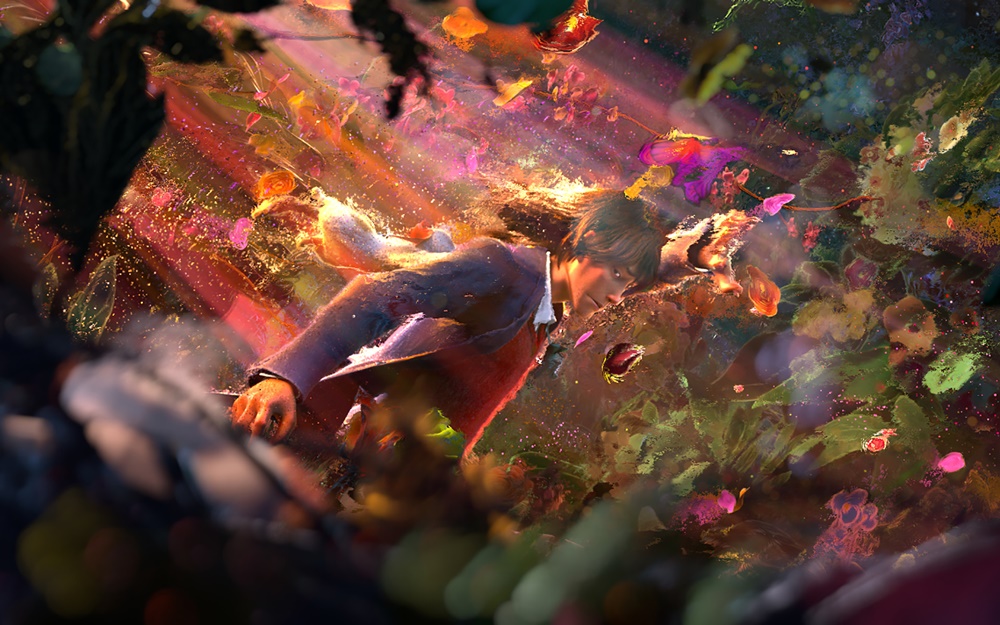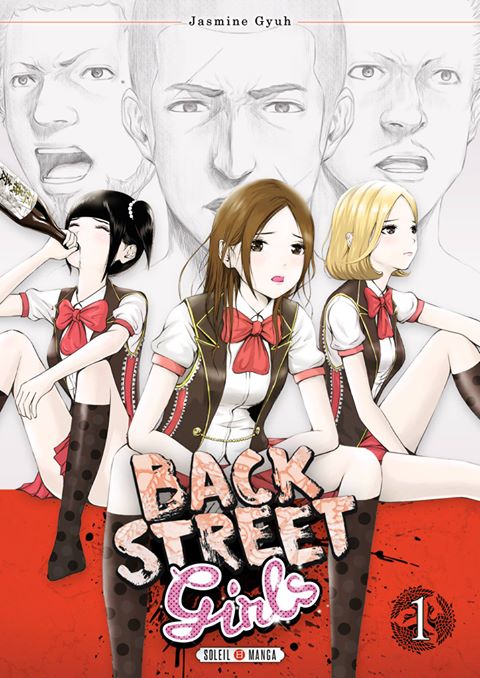The American rock band LCD Soundsystem led by James Murphy reformed for a new album on Columbia Records, 7 years after This is Happening.
The resurrection of LCD Soundsystem
Since the release of their first single in 2002, Losing My Edge, LCD Soundsystem has been a musical illustration of New York cool on a scene in full effervescence. Its leader James Murphy, then in his thirties, expressed with detachment and sarcasm his fear of being supplanted by a young, self-confident, versatile and pompous generation. Fear of the hipster. From the outset, this newcomer was paradoxically "old", but his successes thunderous.
Their 2005 debut album , LCD Soundsystem, served as a string of hits (including "Daft Punk Is Playing At My House"). The second in 2007, Sound of Silver, was grandiose. The third in 2010, This Is Happening, was superb and heralded as the last. The group had been dissolved. A series of sold-out farewell concerts ended with a final appearance at Madison Square Garden in 2011. A documentary about the event, ironically titled Shut Up and Play the Hits, immortalized the sound of the death knell for the band. But five years later, its reformation and the release of a future album were announced.
Doing better than previous albums, the promise of LCD Soundsystem
In reaction, fans had suspected that the band had staged its end to make beautiful recipes during its last tour. Others had feared a depreciation of the musical work done so far. Faced with this, James Murphy promised to do better than the previous albums. But did the band have more to say than since its3rd opus?
LCD Soundsystem, the majority of whose lyrics and musical arrangements are the result of James Murphy's work, serve lyrics that deal with loss : friends, loves, places, fashions that vainly recycle those of the past, separation from others. Musically, his songs are influenced by disco-punk, new-wave, synth-pop sounds. Odes to musical archetypes that marked the leader of the group.
The artist is now 47 years old, and his anxieties have not disappeared. Some have even been amplified, on American Dream. The album is marked by the anxiety of the passage of time, mortality and different "endings" : depression, love, social issues, friendship, and as its English title announces, the American dream. However, even before opening the case, it is the cover of Robert Reynolds that surprises. Colorful, it contrasts with the previous ones.

A recognizable touch, a singularly different album
From a certain point of view, LCD Soundsystem's fourth album is in the vein of the previous ones, tying with already known themes and influences. The production is clean, yet less danceable and electrifying than before. Each of the previous albums had indeed very dancefloor songs, ("North American Scum", "Drunk Girls" "Daft Punk Is Playing at My House") but not this one. Some fans may be disappointed by this lack of continuity, others may be delighted with the change, however small.
It begins with a synth-rich rock and electro track, "Oh Baby", dedicated to the beginning of life, and ends with "Black Screen", which deals with death and the regrets it arouses in Murphy. In this interstice, he mixes sounds to address the subjects and musical influences that have made LCD Soundsystem the product of a partly bygone era. "Other Voices" mixes percussion, bell sounds, songs and the voice of Nancy Whang whose voice was heard on "American Scum". The third track, "I Used to", sounds suspiciously like Cure, and deals with the passing of time. Then "Change yr mind", as a request for an apology to his fans disappointed by his return, that we can "change your mind".
The flights of strings accompanied by synth on "How do you sleep?" are reminiscent of U2. Murphy again sends pikes to kids in love with shoes sold in limited series on "Tonite", probably the most electro track, with slight accents of Daft Punk. Another influence dear to Murphy, Brian Eno, is recognizable on "Call the police", a song in which he diagnoses the evil inclinations of American liberal culture, which he strangles even more in "American dream", borrowing from Kraftwerk, to call on his peers not to waste their old years in the claim to immortality. Anxiety related to aging is becoming heavier. "Emotional haircut", on a panicked drums, deals with the hipster glued to his phone, whose contact list dies with him.
The album ends with "Black Screen", a 12-minute tribute track to Bowie, who had invited Murphy to work with him on his latest album, Blackstar. A heroic figure, appreciated by Murphy and influential on him (like Prince, Leonard Cohen, Lou Reed) whose disappearance sounds the end of the album, in a 5-minute instrumental tunnel.
James Murphy has announced that it will be the band's last album. A series of concerts is already planned. In Paris, the group will perform at the Olympia on September 13 and 14. For a (real) last one?

































![[Live Report] Rock En Seine 2024 : 20 ans et toujours aussi passionnés !](https://www.justfocus.fr/wp-content/uploads/2024/11/RES24_JOUR01_LANA-DEL-REY_LOUIS-COMAR-12.jpg)





